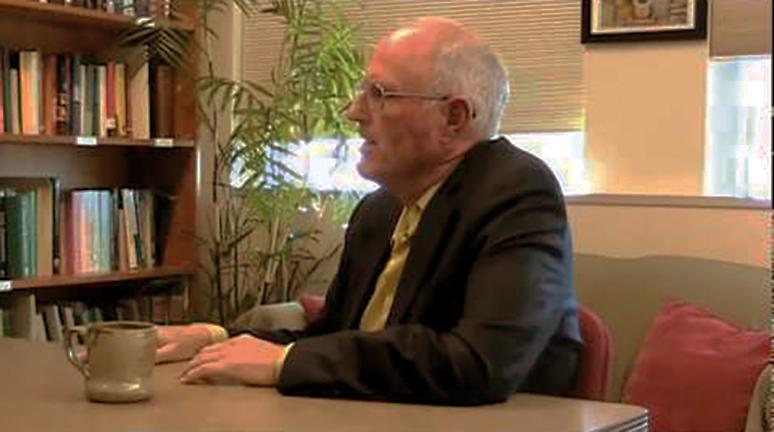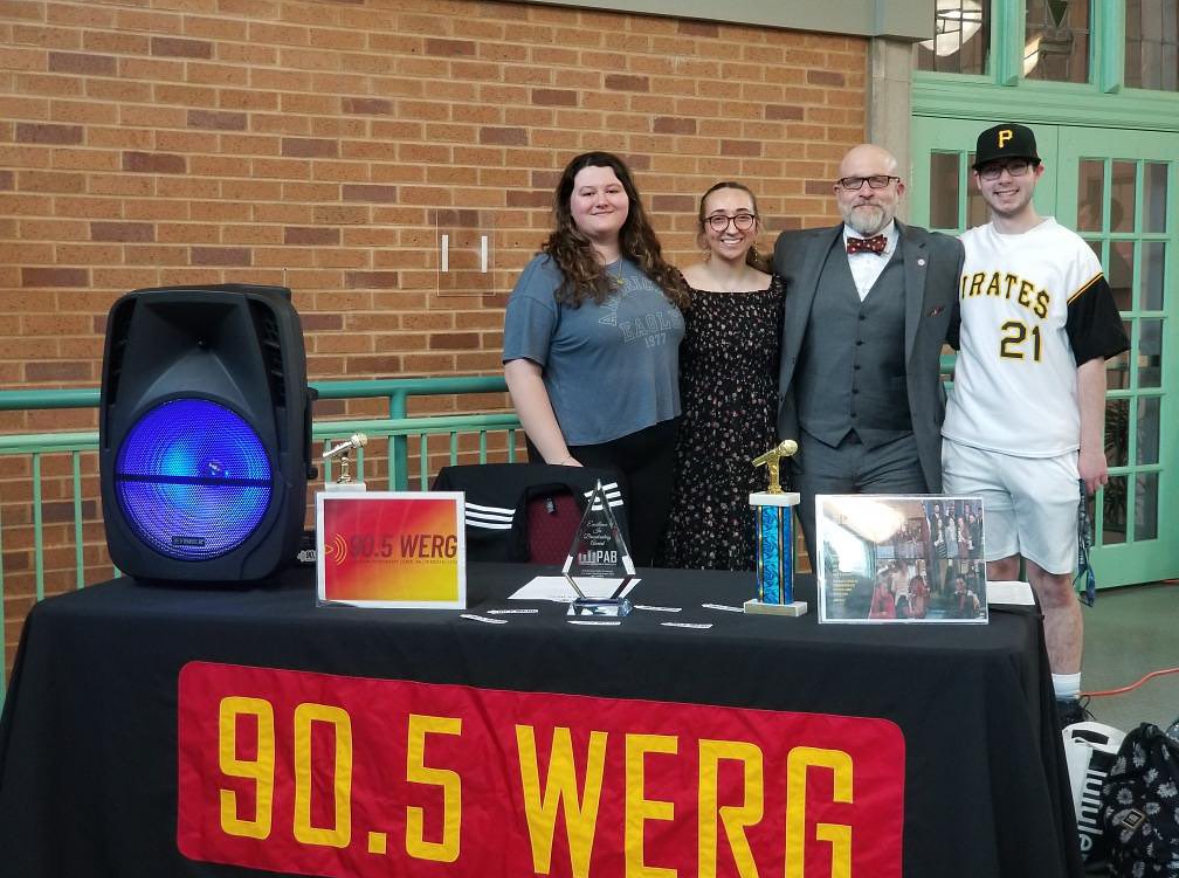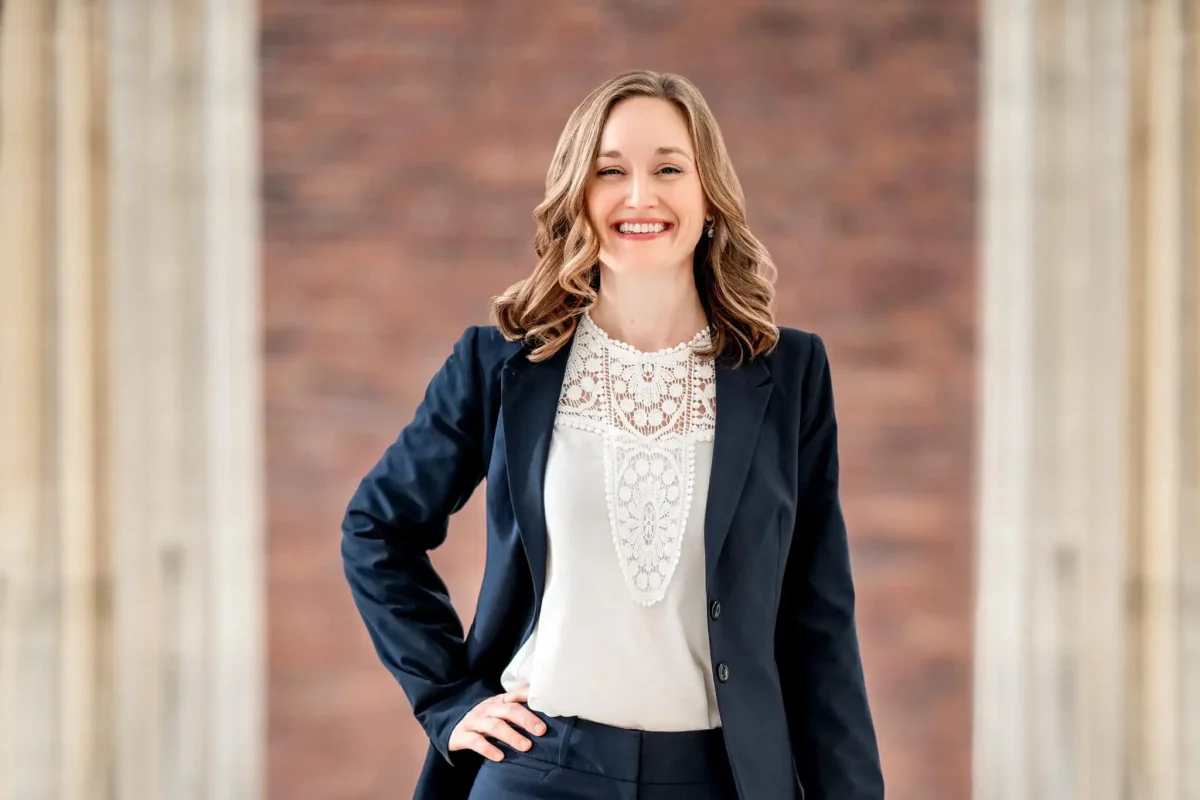With the Syrian refugee crisis currently playing out in the United States and elsewhere around the world, a lot of focus has been placed on the Middle East.
Last Wednesday, students, faculty and staff had the opportunity to hear about the current state of the Middle East from David Dunford, former U.S. Ambassador in Saudi Arabia.
Dunford presented five major topics of interest in the Middle East.
The first topic Dunford presented was oil, as nearly half of the global oil reserves are located in the Middle East.
Although the United States is working to end foreign dependence, it still relies heavily on countries such as Saudi Arabia to supplement its oil deficit.
Second, the Middle East has very little usable water, despite being home to the Tigris, Euphrates and Jordan rivers. This causes major hardship for the people living in these countries.
Dunford emphasized high birth rates for his third point. The Middle East is home to many young people, most of whom are very technologically savvy.
These young people are taught much about religion, but have little to no scientific knowledge. This is characteristic of their culture, which places heavy emphasis on religion.
Dunford’s fourth point centered around the “big, bad government” in the Middle East.
Dictatorships and harsh rules are characteristics of the governments in the countries that make up the Middle East.
There is little that the people of these countries can do about the bad government. Even in countries that hold elections, the people have very little say.
Often, the elections are rigged by the government so the candidate they want in office will win regardless of the people’s votes.
As a result, the Middle East has been home to several attempted uprisings in recent years.
The most notable as of late was the overthrow of Muammar Gaddafi by the Libyan people in 2011 and the major uprising in Egypt in July 2013.
Dunford’s fifth point placed emphasis on the strong Islamic presence throughout the Middle East.
“Islam pervades the atmosphere of the Middle East,” Dunford said.
“It is very much a part of the air you breathe.”
U.S. concern in the Middle East centers around Dunford’s fourth and fifth points. At the forefront of U.S. interest is counterterrorism.
“Terrorism needs the media to work and our media is all too willing to participate,” Dunford said.
Terrorist groups often use the attention from the media to further their agendas.
For example ISIS, an Islamic terrorist group, is known for its public beheadings. According to Dunford, these acts are undoubtedly meant to garner attention.
Dunford said that while drones and airstrikes would not likely be successful in defeating ISIS, air power in conjunction with ground forces could be the ticket to success.
“I’m here to tell you that there are no easy answers,” Dunford said.
“We’re not playing checkers. It’s more like three-dimensional chess.”
Dunford also said that there was a very good case for doing nothing in the Middle East, given its history.
Above all, Dunford stressed that diplomacy was key to address these terrorist threats.
He emphasized the importance of language and area studies regarding the Middle East, as well as the need for trained ambassadors to build personal relationships with the people.
“So many problems happen because of lack of trust in each other,” Dunford said.
The key to overcoming this mistrust is to foster relationships and use U.S. influence judiciously.
Daniela Alban, a freshman theology and legal studies major, said she enjoyed Dunford’s approach to terrorism.
“I mostly liked how he talked about terrorism in a completely different way than anybody else does,” Alban said.
“Rather than focusing on the horrible acts of terrorism, he focused on the causes of why it occurs and invited each of us to do the same.”
To conclude his talk, Dunford offered a message of hope.
“I try to end on a note of optimism, but it’s getting harder to conjure up,” Dunford said. “Positive change takes time.”
LYDIA FENNESSY








